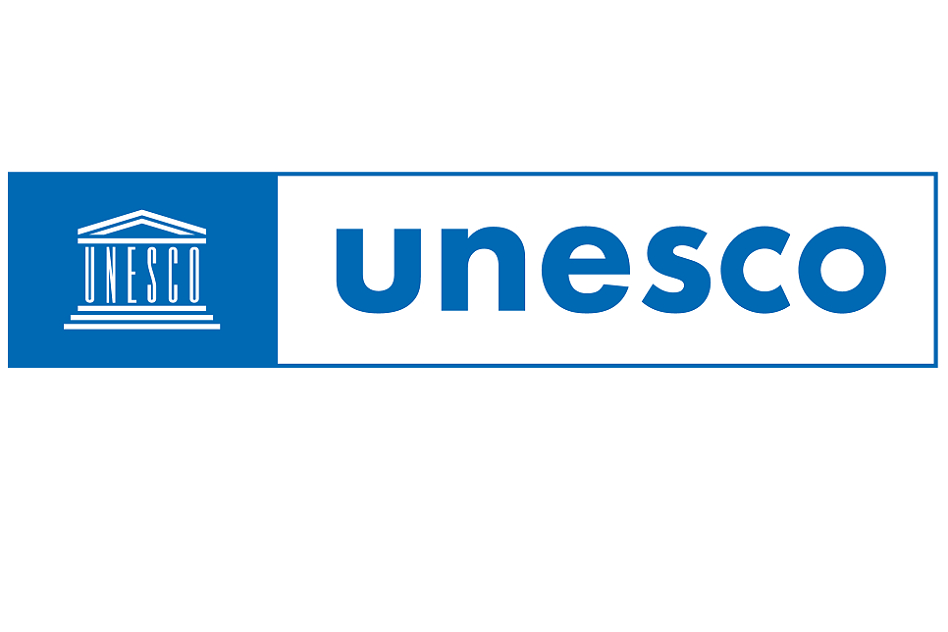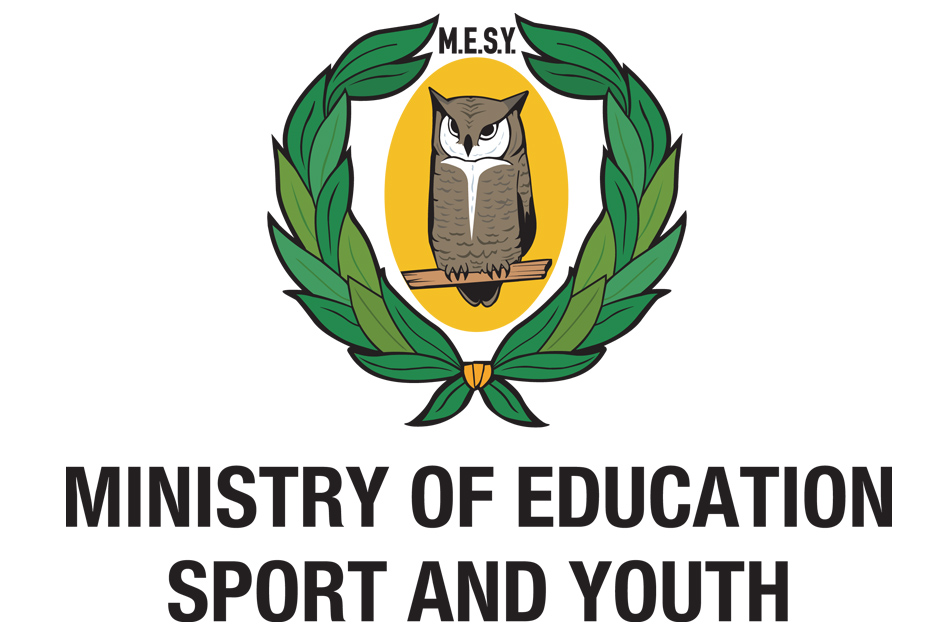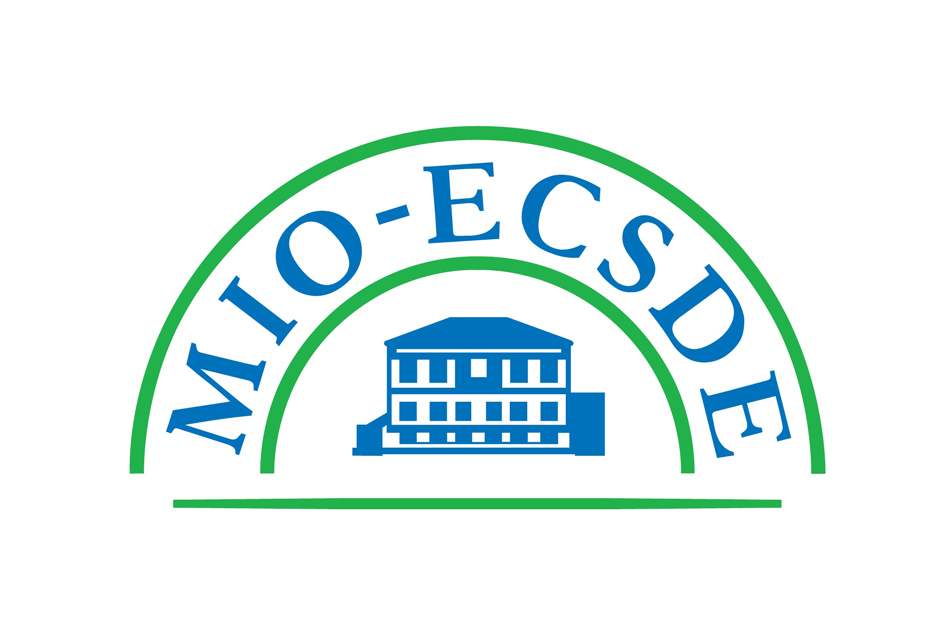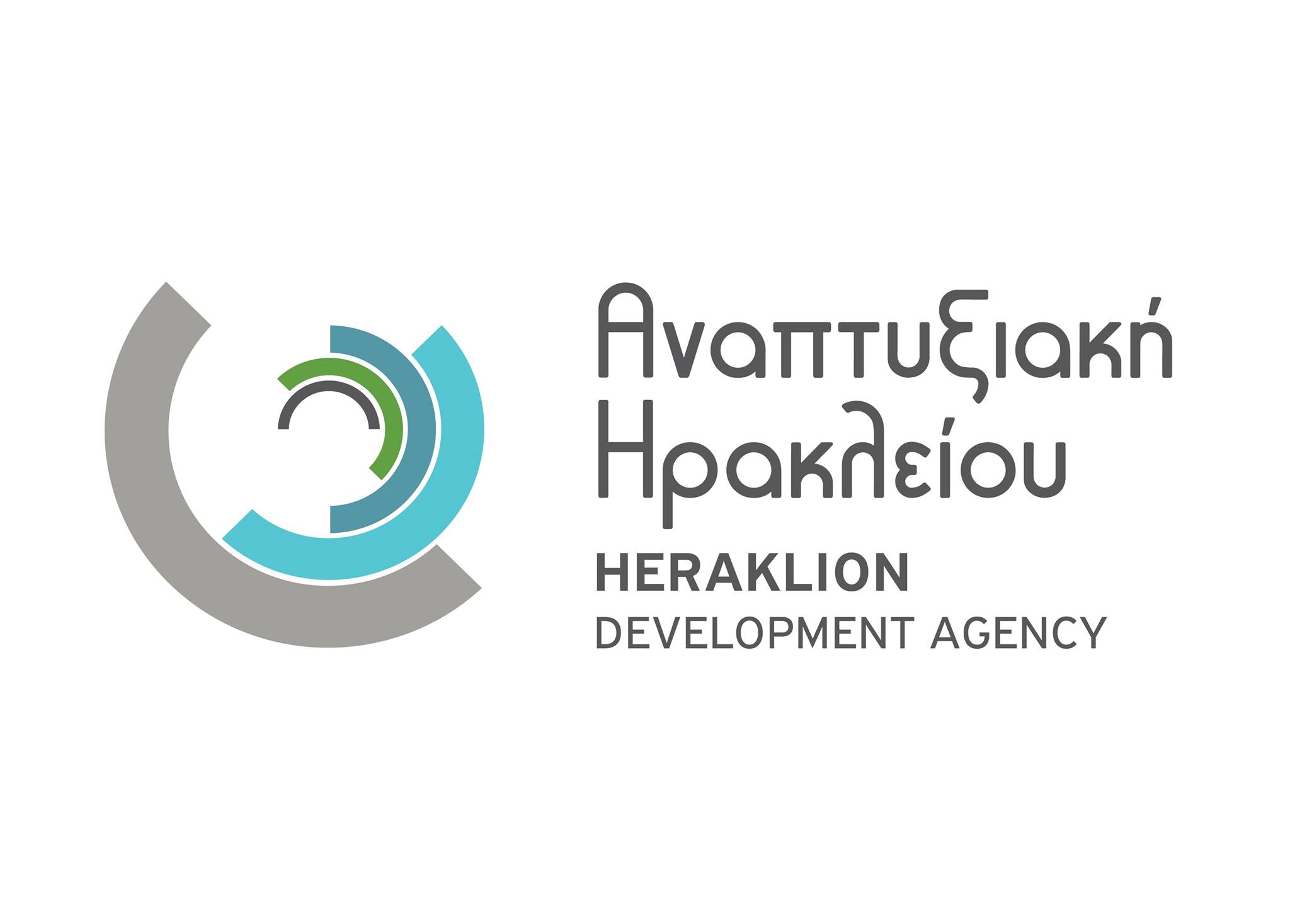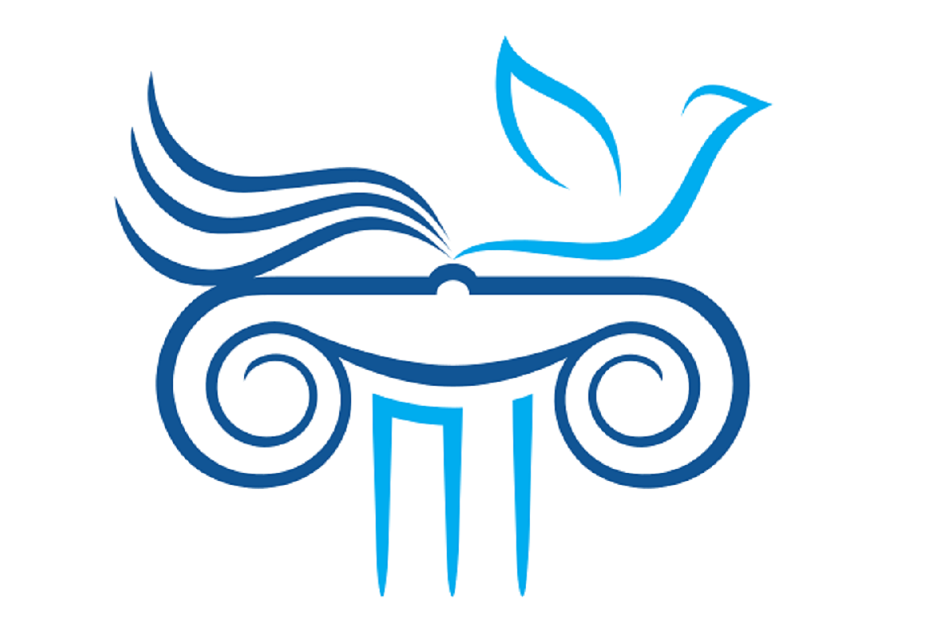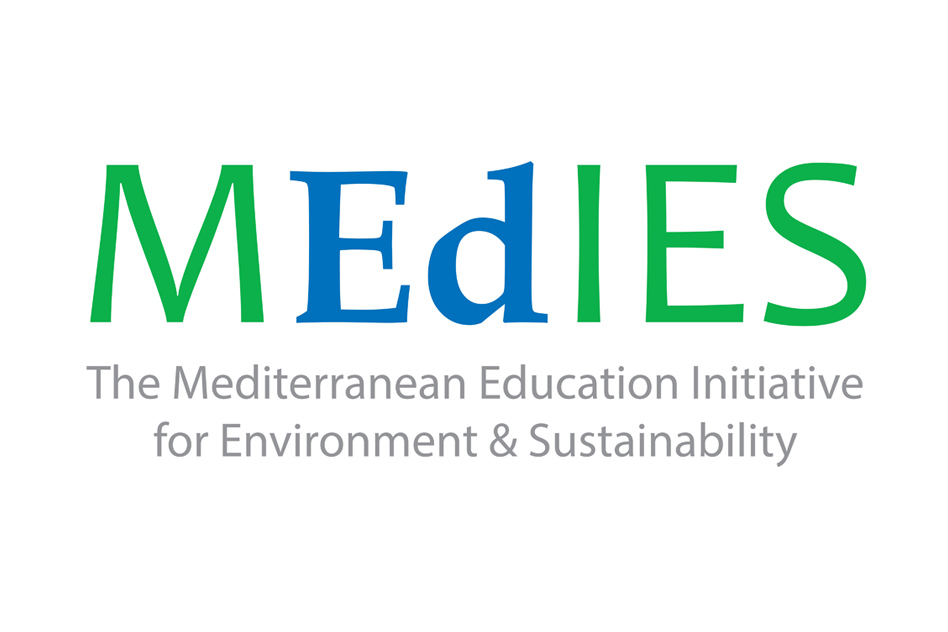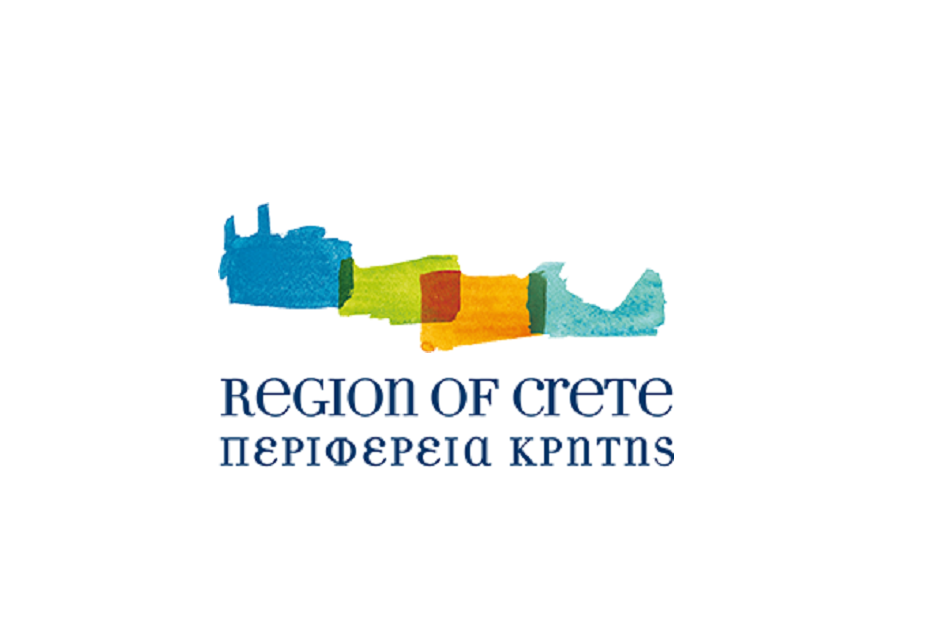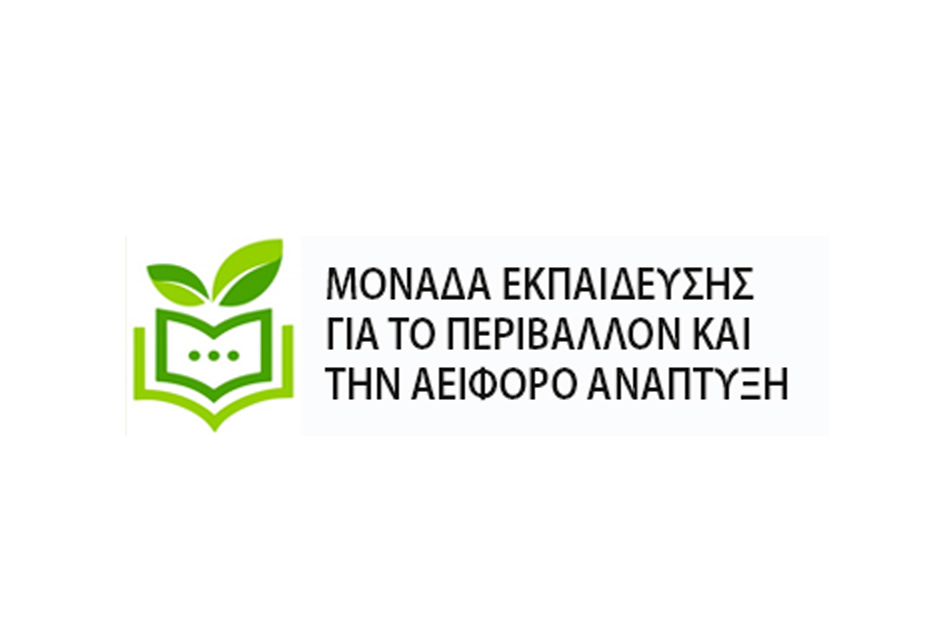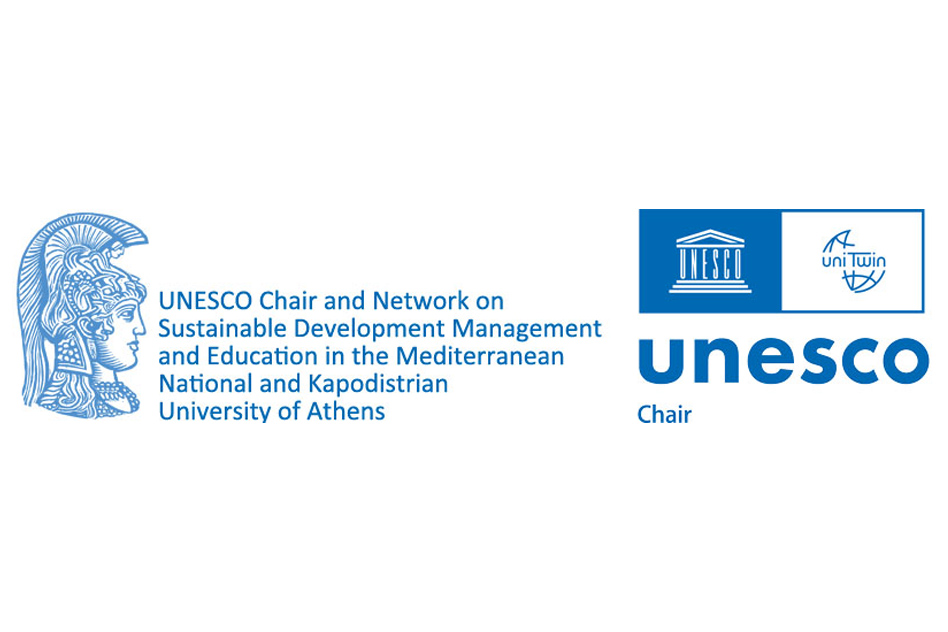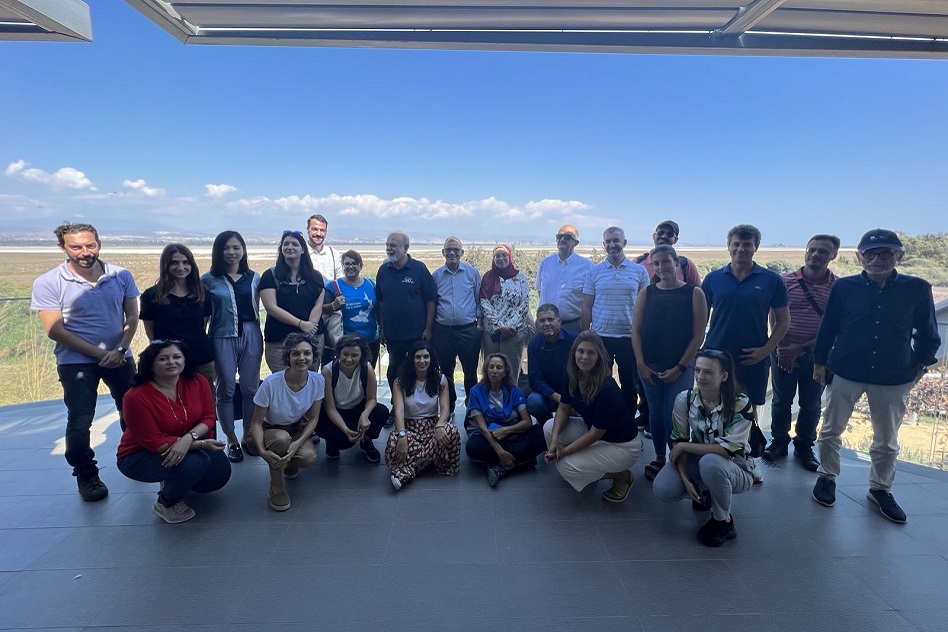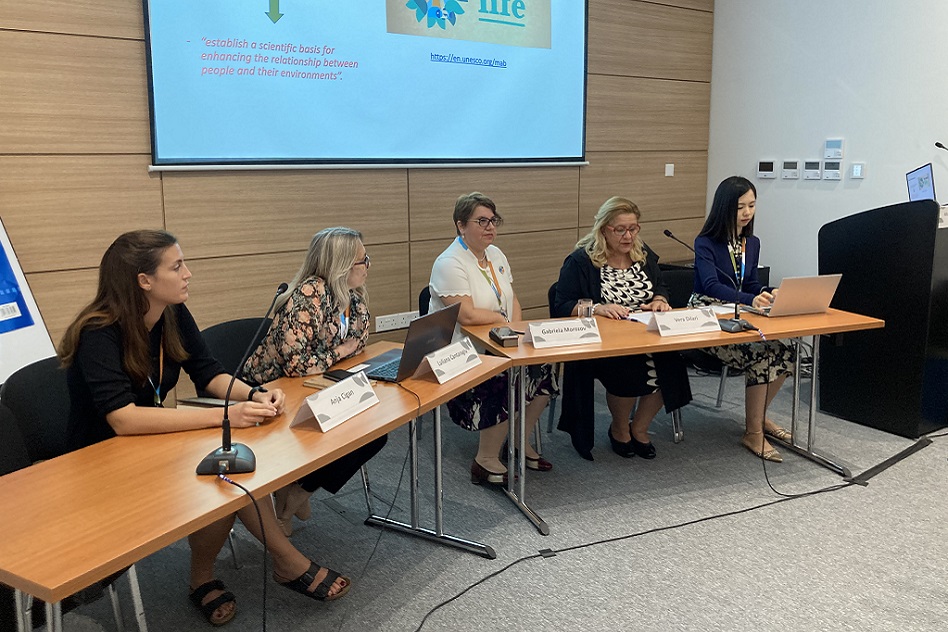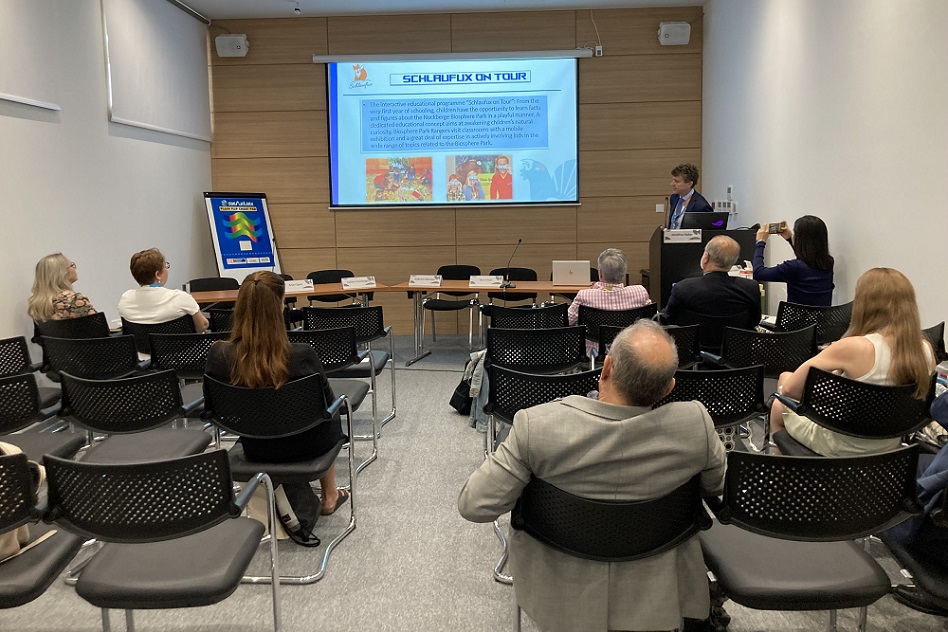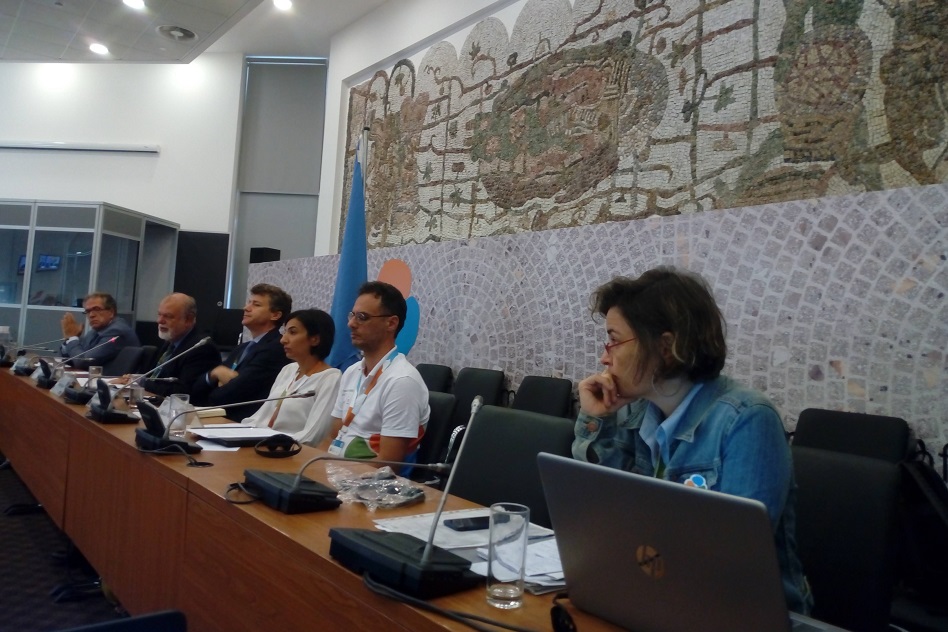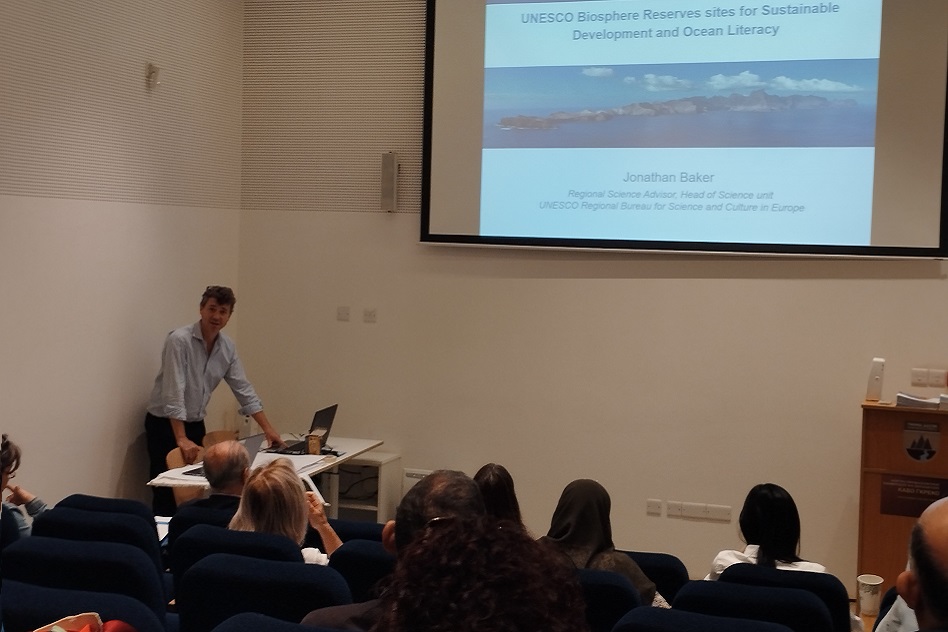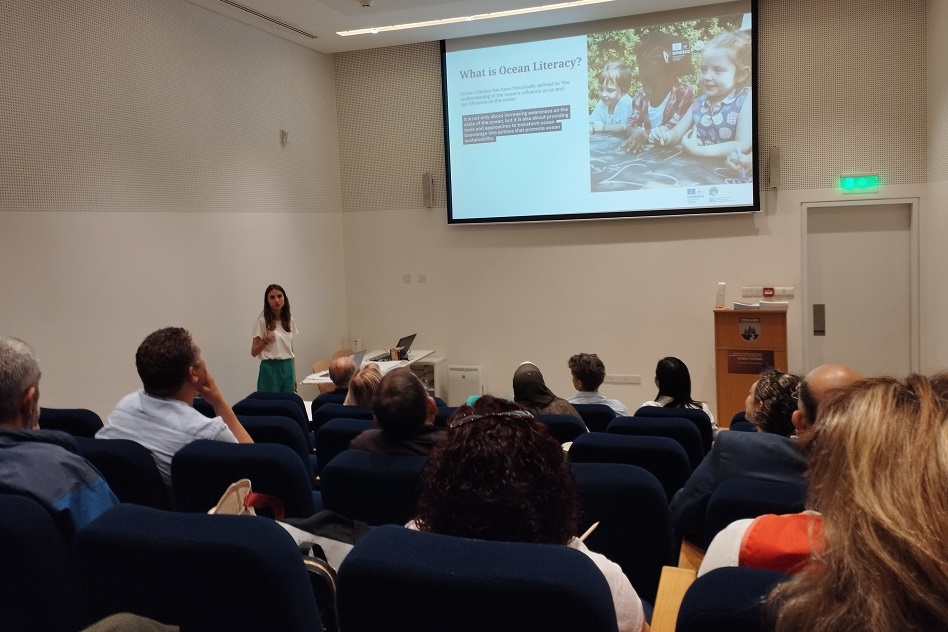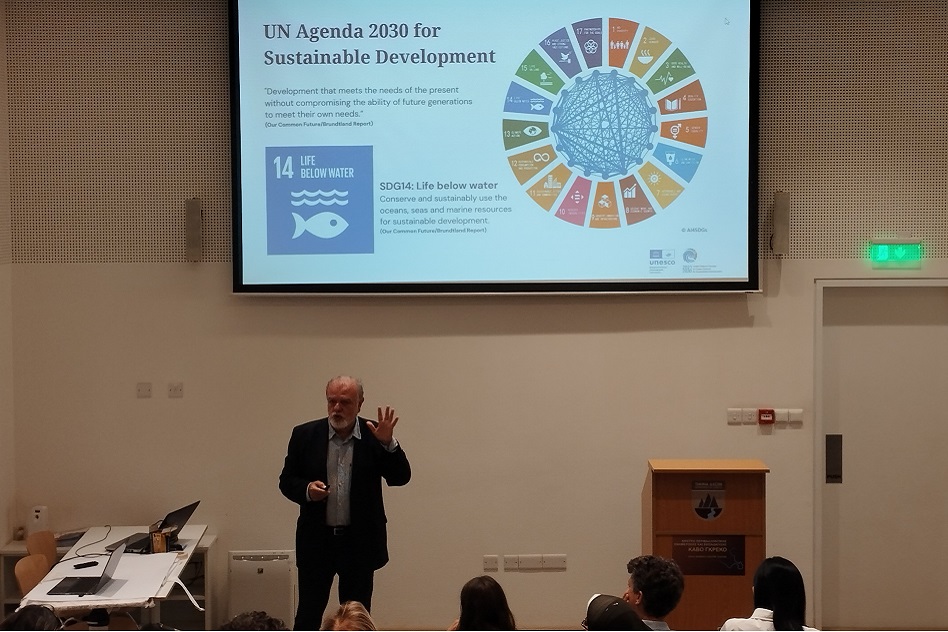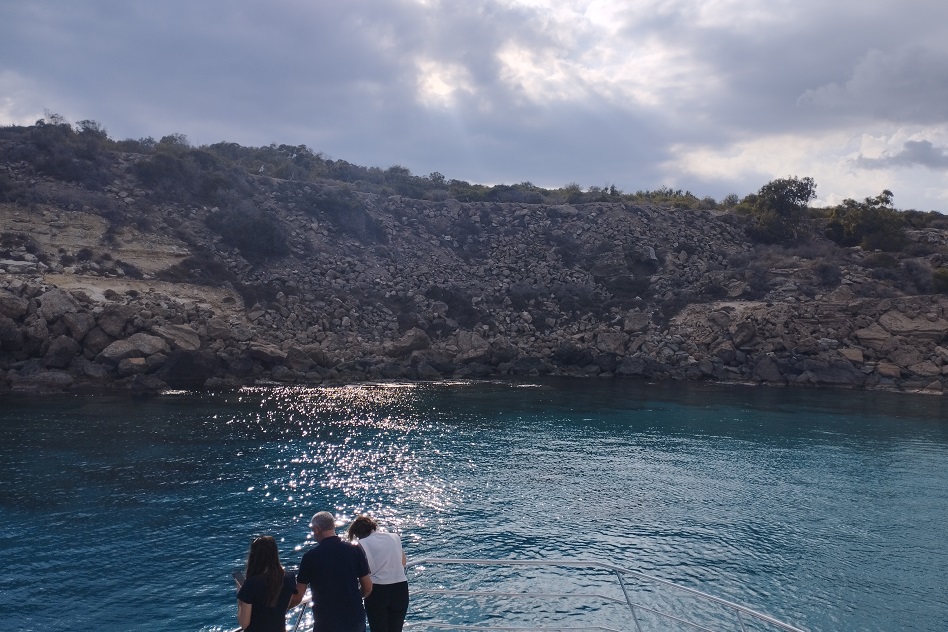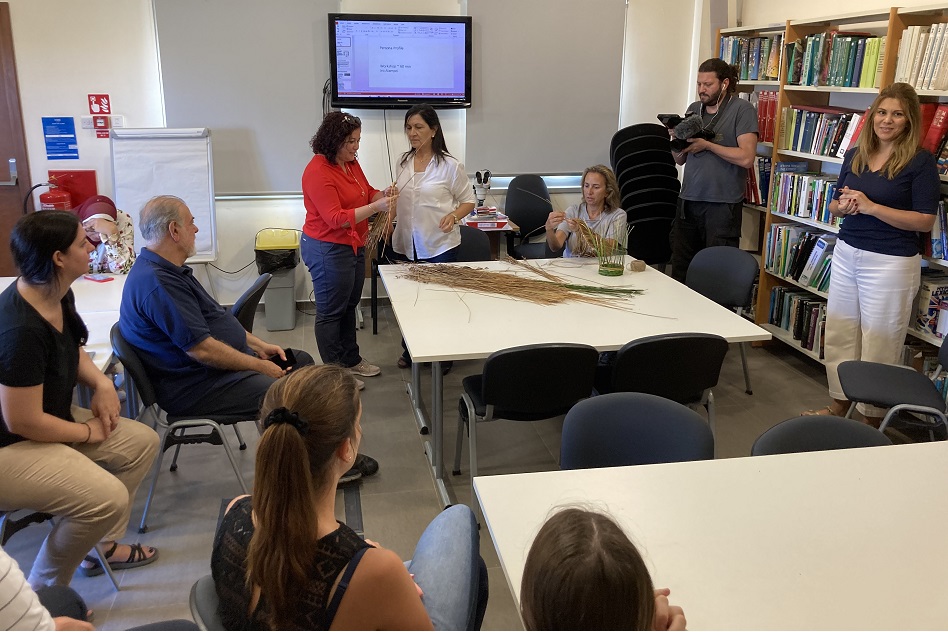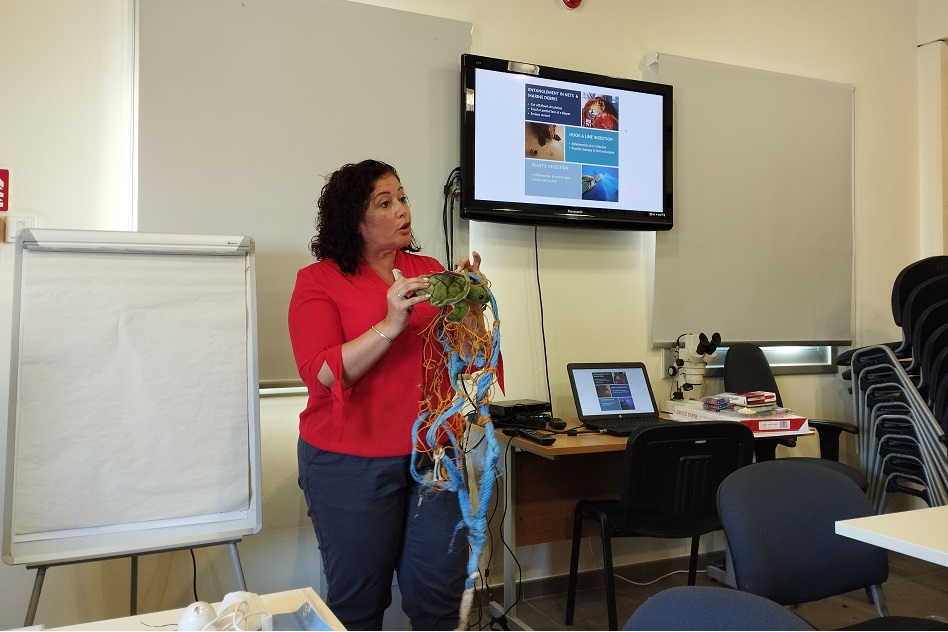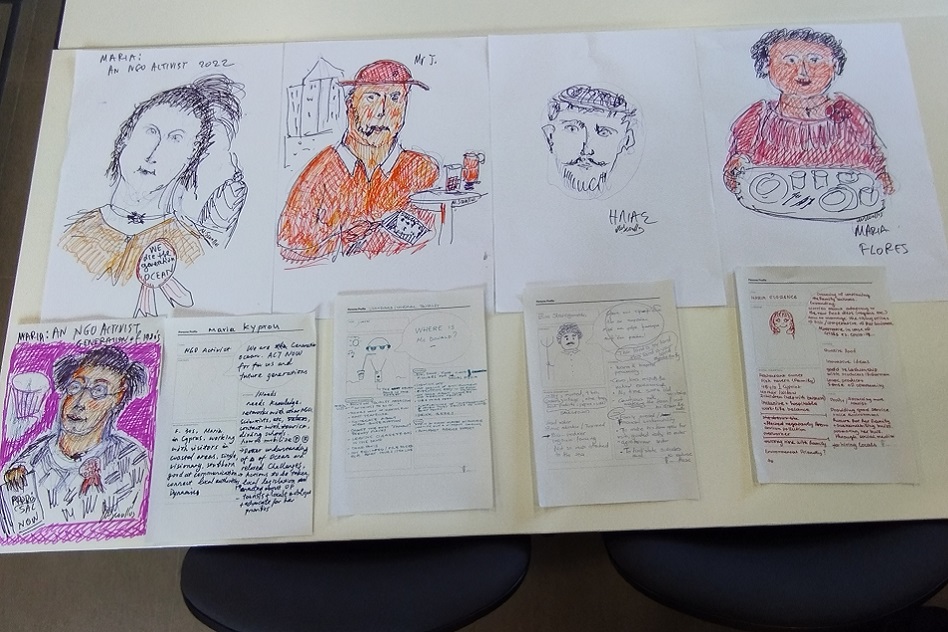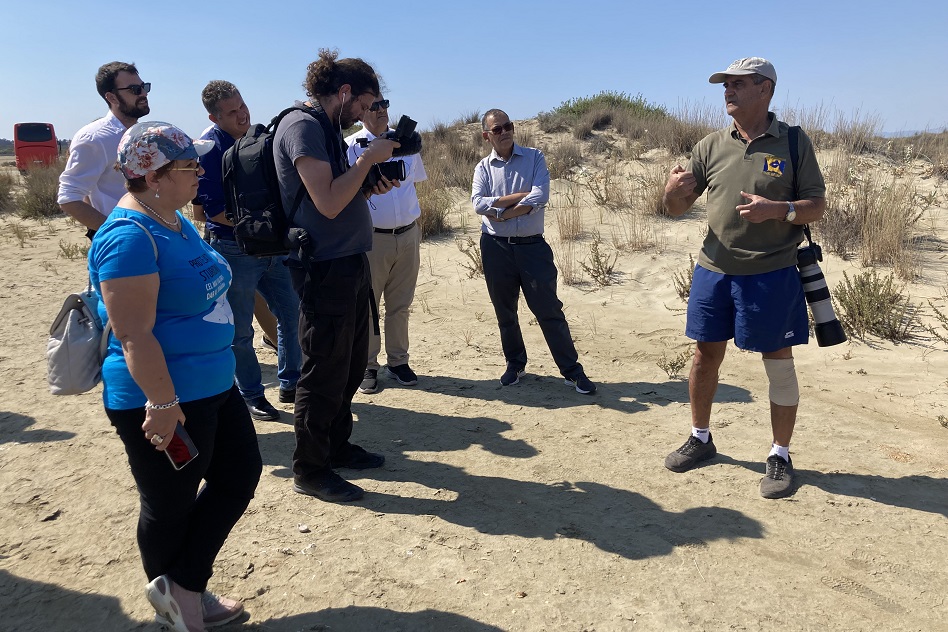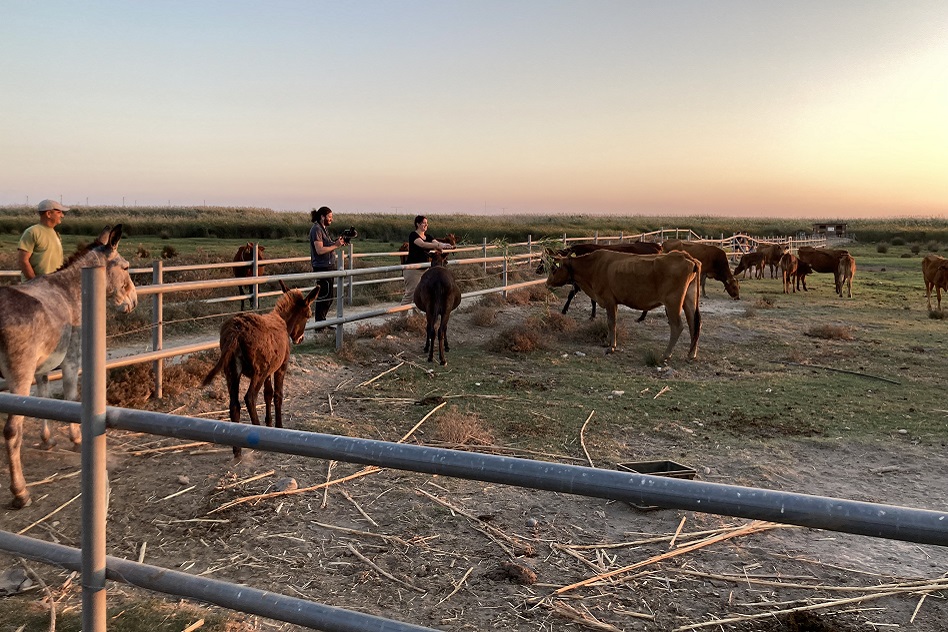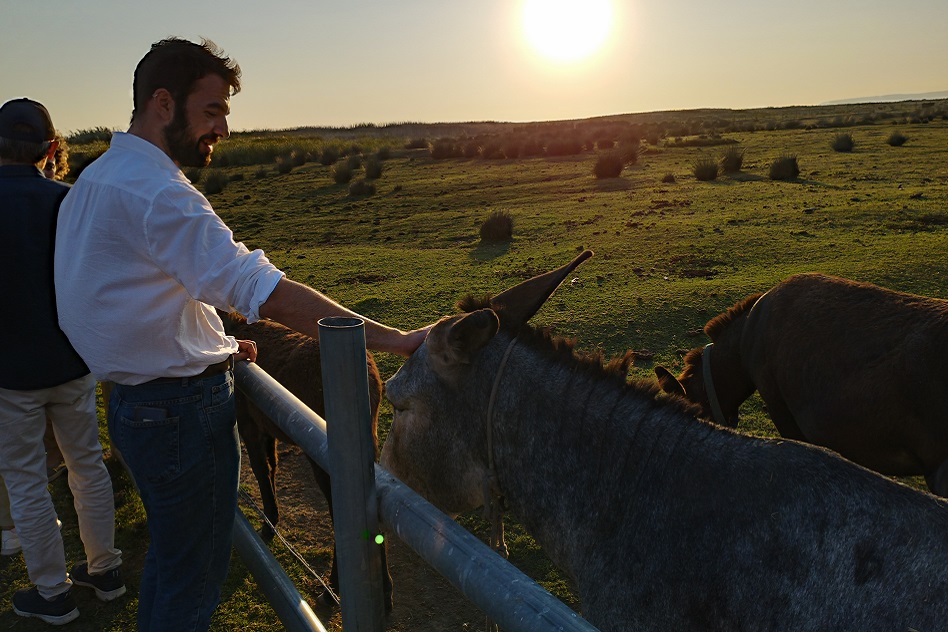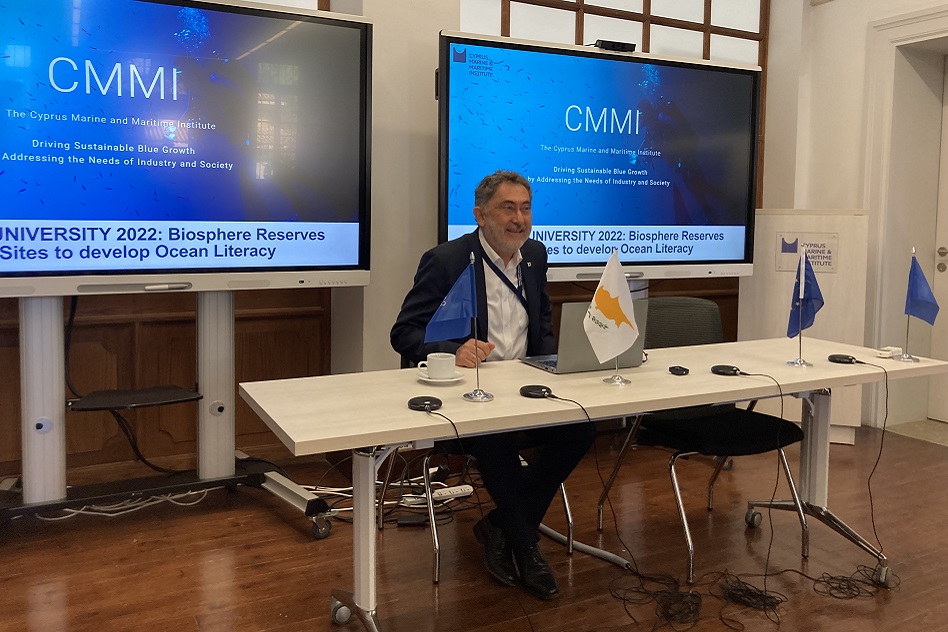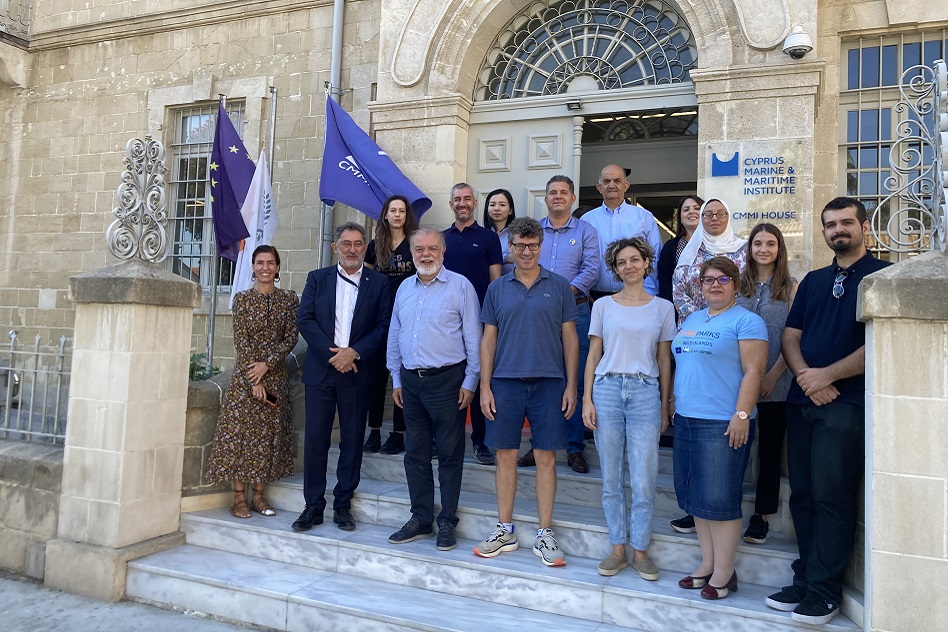Building on the series of the previous Summer Universities organised since 2014, this year’s Hybrid University focuses on “Biosphere Reserves as sites to develop Ocean Literacy“. The 2022 Hybrid University aims to to equip participants with the knowledge, skills, and methodology tools enabling to exploit how sites such as Biosphere Reserves, Natura 2000 sites and other marine and coastal Protected Areas can be living labs for cultivating ocean literacy schemes for their inhabitants, businesses and visitors.
Phase A: face-to-face
CRETE, 12-14 September 2022: A dedicated session for Greek participants was hosted in the BR of Asterousia, and 22 people attended. Read a brief article in English and a more extended report in Greek language, about the events in Crete
CYPRUS, 5-7 October: The main face-to-face sessions of Phase A took place in Cyprus, organically linked with the 9th Environment for Europe (EfE) Ministerial Conference (Nicosia, 5-7 October 2022). Part of the curriculum was the side events of the EfE Conference on topics such as Ocean Literacy, Education for Sustainable Development (ESD), Biosphere Reserves (BR) as models of Sustainable Development, Whole Institute Approach, and so on.
CYPRUS, 8-10 October: After the 9th EfE Conference, a selected number of invited participants engaged in the rest of the sessions of the Hybrid University that included field visits, group-work, hands-on workshops and lectures on ocean literacy. The events in Cyprus engaged about 25 international and 10 local participants, and were moderated by a skilful team of Cypriot and international experts.
Sincere thanks to Aravella Zachariou, George Fyttis, Nikolas Papanikolas as well as the rest of the team of the ESD Unit of the Pedagocic Institute of Cyprus. Running the events in Cyprus would have not been possible without them
Documents to download from Phase A
Detailed Agenda.
Francesca Santoro: Introductory Video on Ocean Literacy VIDEO LINK
Presentations:
- Michael Scoullos: Introduction, Scope of the event PPT
- Valentina Lovat: The benefits and challenges of Ocean & specifically the Mediterranean Sea PPT
- Efi Dariou: Education for Sustainable Development (ESD): Policies and Approaches in Cyprus PPT
- Nikolas Papanikolas: The Centre of Environmental Education (CEE) of Kavo Greco PPT
- Michael Scoullos: Integrated Management Approaches PPT
- Sophie Kamenou: The Centre of Environmental Education (CEE) of Akrotiri PPT
- Iro Alampei: The persona profile (workshop) PPT
- Harris Paliogiannis: The 2021 Mediterranean Action Day (MAD) devoted to Ocean Literacy VIDEO
- Cynthia Caruana: ESD and Turtles PPT
- Gabriela Morozov: Waste problems along Danube Delta BR PPT
Extra Resources from the Ocean Literacy Portal of IOC UNESCO:
- Ocean Literacy Portal LINK
- Blue Curriculum: a toolkit for policymakers and curriculum developers: a guideline to implement ocean literacy in school curriculum 2022 publication – LINK
- Ocean Literacy: a toolkit for all – guidelines on OL principles and practical examples LINK
- State of Art of Ocean Literacy 2022 publicatio LINK
- Ocean&Climate Village (there will be a publication soon) LINK
- Sea Beyond project: collaboration with eco museums, school program, kindergarten of the lagoon LINK
- Mediterranean Sea Literacy publication LINK
Evaluation
Evaluation was done a few days after the event, through an online anonymous questionnaire. The overall satisfaction of participants, based on the 14 responses received is 5.78/6 or 96.4%.
The course was considered to have a good balance between theory and practice, and one recommendation was that participants bring and present more case studies from their countries.
ORGANISERS
- UNESCO Regional Bureau for Science and Culture in Europe (Venice Office)
- Cyprus Ministry of Education, Culture, Youth and Sports | Pedagogic Institute of Cyprus | The Unit for Education for the Environment and Sustainable Development (EESD)
- Region of Crete | Heraclion Development Agency
- UNESCO Chair and Network on Sustainable Development Management and Education at the University of Athens (UoA)
- Mediterranean Information Office for Environment, Culture and Sustainable Development (MIO-ECSDE) through the MEdIES initiative
